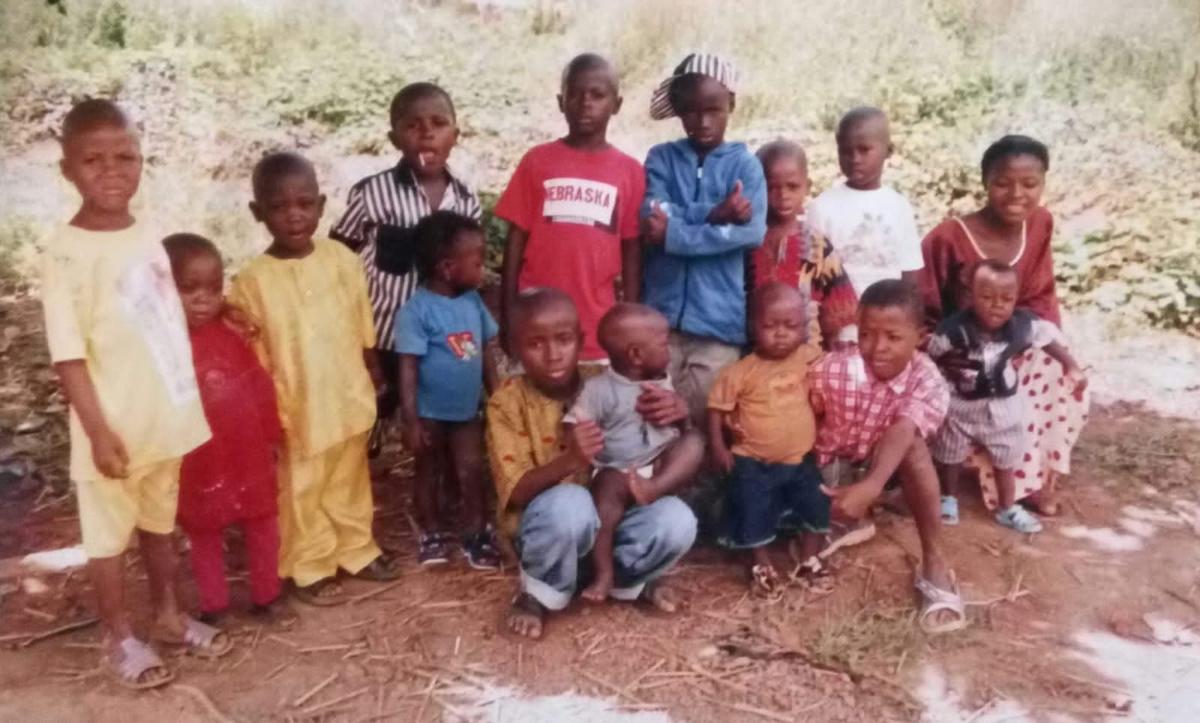Stranded Liberian refugees finally set for home
Stranded Liberian refugees finally set for home

BAMAKO, Mali, April 23 (UNHCR) - More than 200 Liberian refugees are finally set to fly home after years in exile and a roundabout journey that has left them stranded at the Malian border for weeks.
On Saturday, the UN refugee agency and the UN Mission in Liberia (UNMIL) will start airlifting the first of 229 Liberian refugees from the Malian capital, Bamako, to the Liberian capital, Monrovia. UNMIL is providing a Boeing 727 aircraft for the special humanitarian operation. Two flights are planned per day, until Monday, each carrying around 40 refugees.
Encouraged by recent developments in Liberia, the refugees - mainly women and children - had left exile in Ghana and embarked on a long journey overland through Burkina Faso and Mali. From Mali, they had hoped to cross back into Liberia through Guinea, but failed to obtain entry authorisation from the Guinean authorities and became stranded in the Malian border town of Sikasso in early March.
The airlift was arranged following discussions between UNHCR and the authorities in Mali and Liberia. The refugees were transported overland from Sikasso to Bamako on Thursday, ahead of Saturday's flight.
They will join thousands of Liberian refugees who have gone home on their own from neighbouring countries since last August, when former President Charles Taylor's departure from Monrovia marked the end of Liberia's 14-year civil war. UNHCR has assisted some 9,500 returnees since December.
However, many of them are going back to a situation of continued displacement as their areas of origin are not yet safe for return. Nearly 6,000 returnees are being assisted at Perry Town way station and Siegbeh camp for displaced persons in the Monrovia area.
UNHCR is preparing to resume operations in other parts of Liberia in the coming days to help returnees reintegrate in their home areas. If the peace process proceeds without major incidents, the agency plans to start organised repatriation for more than 300,000 Liberian refugees in the region at the end of the rainy season in October.









